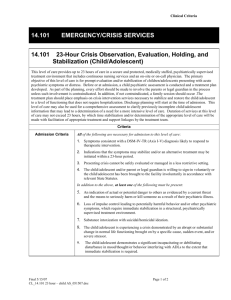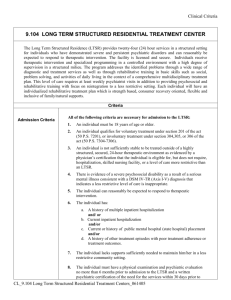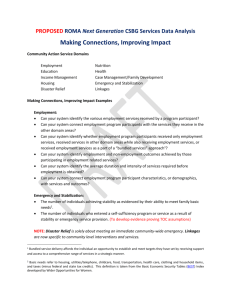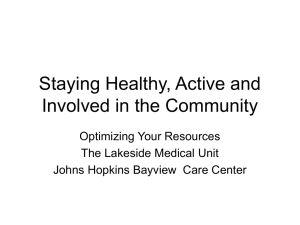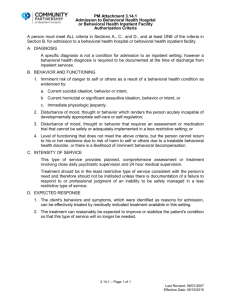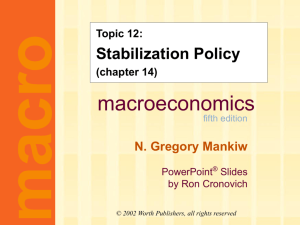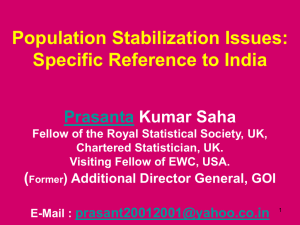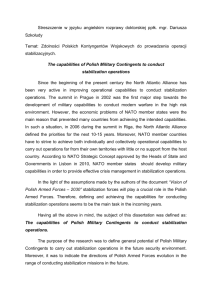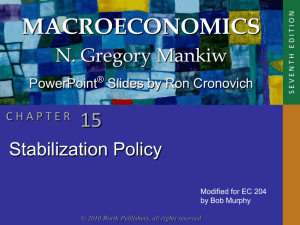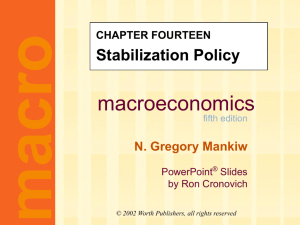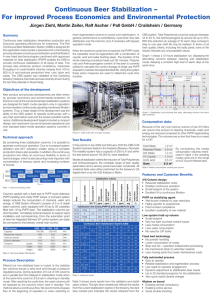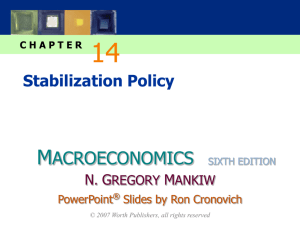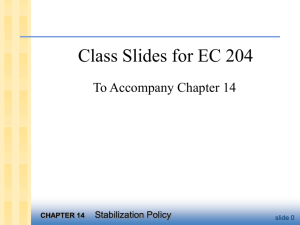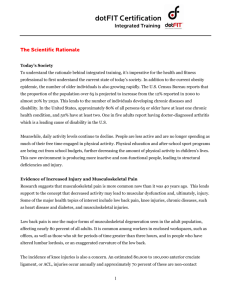23-Hour Crisis Observation, Evaluation, Holding, and Stabilization
advertisement
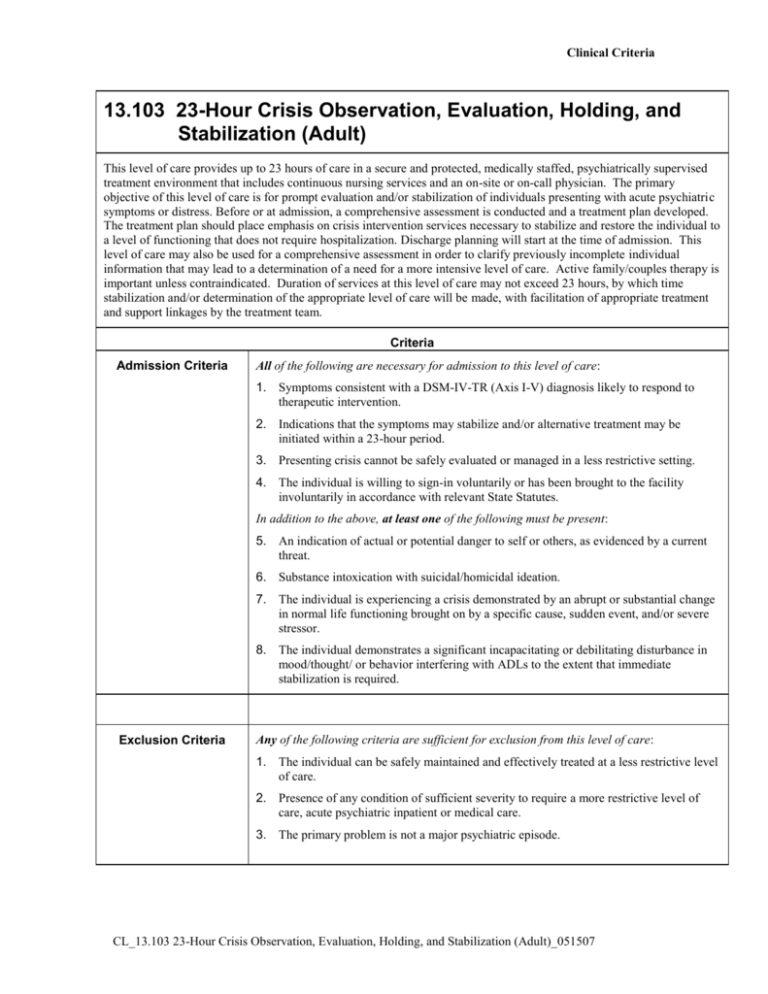
Clinical Criteria 13.103 23-Hour Crisis Observation, Evaluation, Holding, and Stabilization (Adult) This level of care provides up to 23 hours of care in a secure and protected, medically staffed, psychiatrically supervised treatment environment that includes continuous nursing services and an on-site or on-call physician. The primary objective of this level of care is for prompt evaluation and/or stabilization of individuals presenting with acute psychiatric symptoms or distress. Before or at admission, a comprehensive assessment is conducted and a treatment plan developed. The treatment plan should place emphasis on crisis intervention services necessary to stabilize and restore the individual to a level of functioning that does not require hospitalization. Discharge planning will start at the time of admission. This level of care may also be used for a comprehensive assessment in order to clarify previously incomplete individual information that may lead to a determination of a need for a more intensive level of care. Active family/couples therapy is important unless contraindicated. Duration of services at this level of care may not exceed 23 hours, by which time stabilization and/or determination of the appropriate level of care will be made, with facilitation of appropriate treatment and support linkages by the treatment team. Criteria Admission Criteria All of the following are necessary for admission to this level of care: 1. Symptoms consistent with a DSM-IV-TR (Axis I-V) diagnosis likely to respond to therapeutic intervention. 2. Indications that the symptoms may stabilize and/or alternative treatment may be initiated within a 23-hour period. 3. Presenting crisis cannot be safely evaluated or managed in a less restrictive setting. 4. The individual is willing to sign-in voluntarily or has been brought to the facility involuntarily in accordance with relevant State Statutes. In addition to the above, at least one of the following must be present: 5. An indication of actual or potential danger to self or others, as evidenced by a current threat. 6. Substance intoxication with suicidal/homicidal ideation. 7. The individual is experiencing a crisis demonstrated by an abrupt or substantial change in normal life functioning brought on by a specific cause, sudden event, and/or severe stressor. 8. The individual demonstrates a significant incapacitating or debilitating disturbance in mood/thought/ or behavior interfering with ADLs to the extent that immediate stabilization is required. Exclusion Criteria Any of the following criteria are sufficient for exclusion from this level of care: 1. The individual can be safely maintained and effectively treated at a less restrictive level of care. 2. Presence of any condition of sufficient severity to require a more restrictive level of care, acute psychiatric inpatient or medical care. 3. The primary problem is not a major psychiatric episode. CL_13.103 23-Hour Crisis Observation, Evaluation, Holding, and Stabilization (Adult)_051507 Clinical Criteria Continuing Stay Criteria Discharge Criteria There is no continued stay associated with 23-hour observation, evaluation, holding and stabilization. Individuals must be transferred to a more/less intensive level of care. Any of the following criteria are sufficient for discharge from this level of care: 1. Treatment plan goals and objectives have been substantially met. 2. Individual no longer meets admission criteria or meets criteria for less restrictive or more restrictive level of care. 3. Consent for treatment is withdrawn and either it has been determined that involuntary inpatient treatment is inappropriate or the court has denied involuntary inpatient treatment. CL_13.103 23-Hour Crisis Observation, Evaluation, Holding, and Stabilization (Adult)_051507
